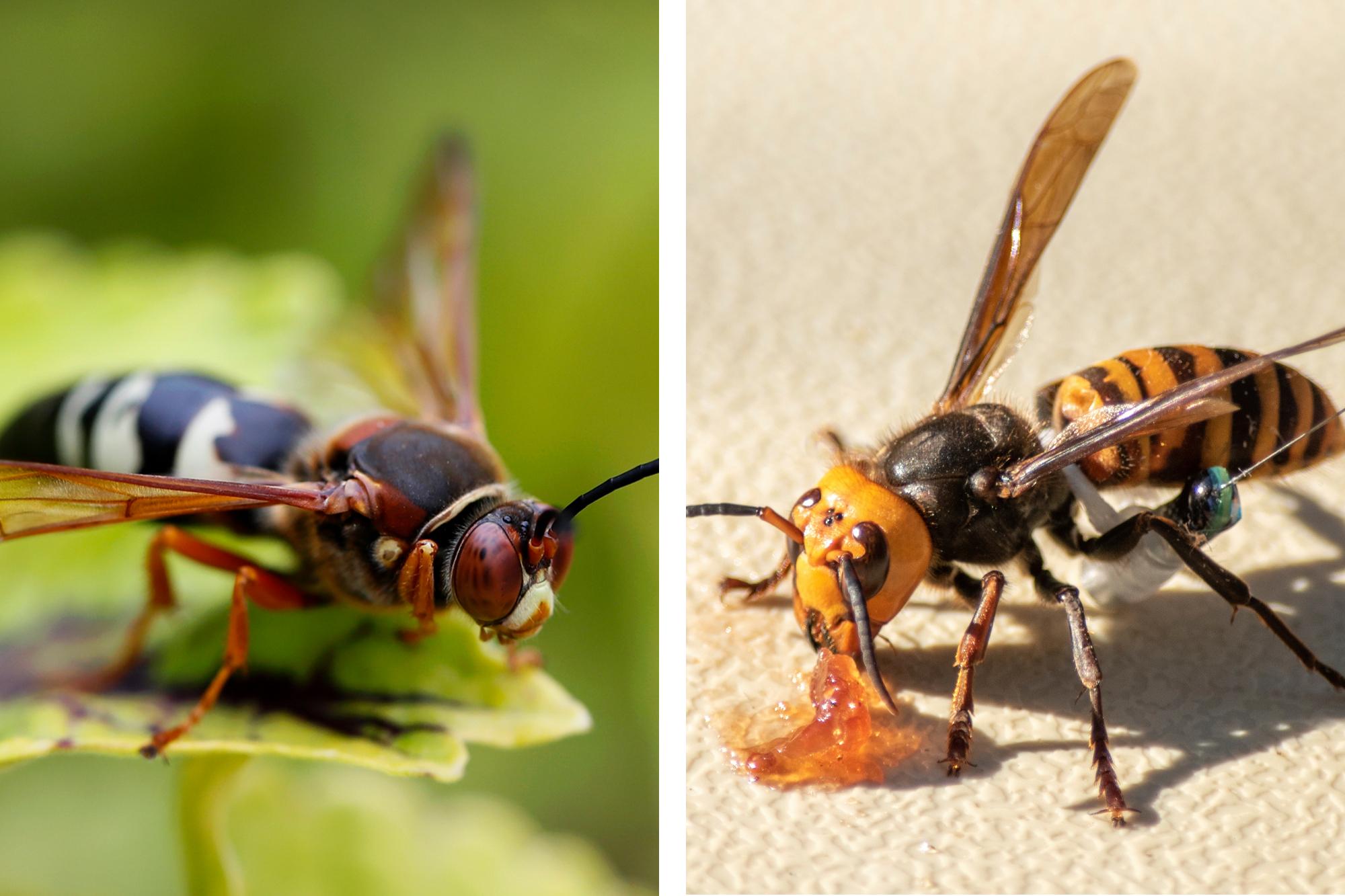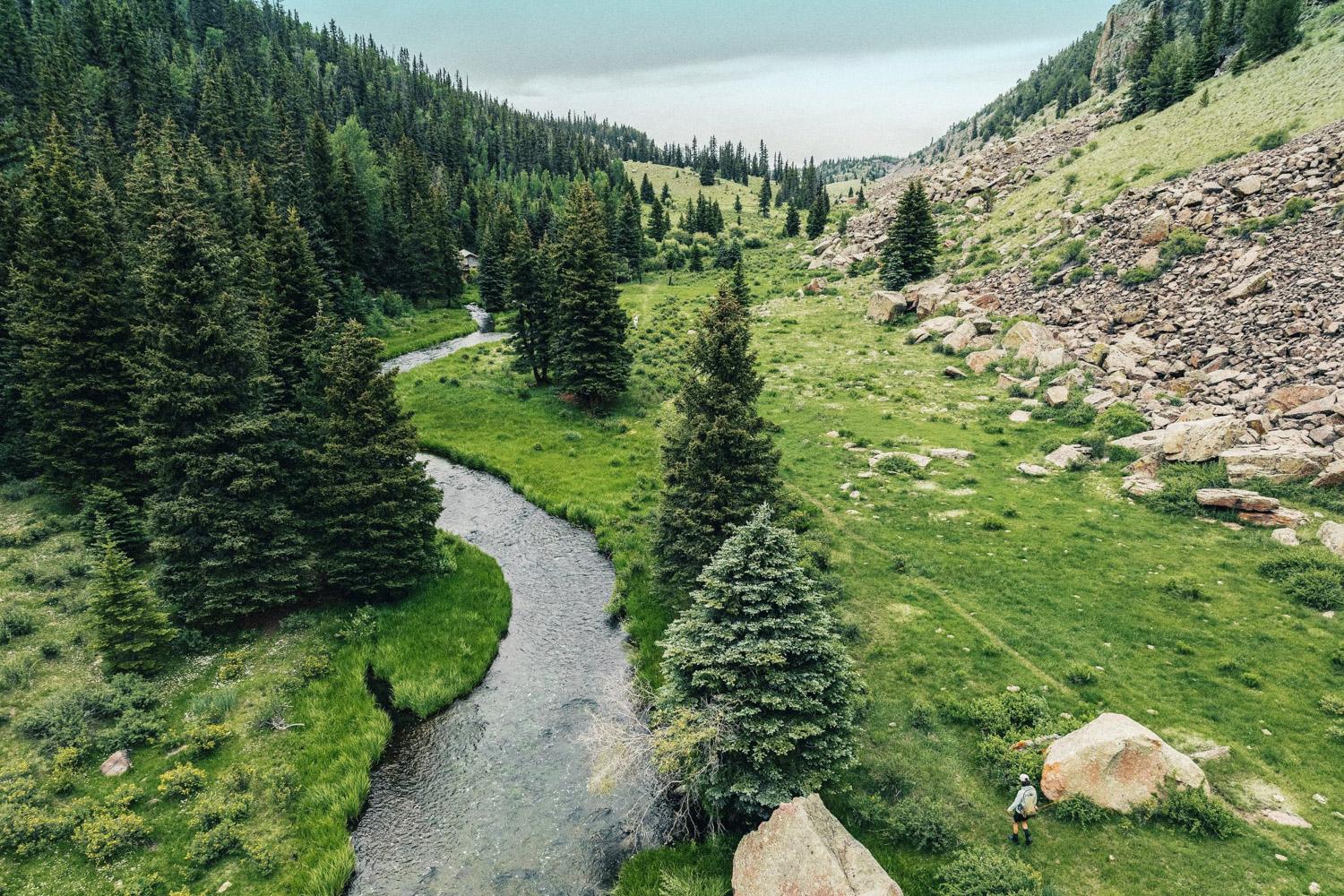
A lot of folks in Colorado are reporting seeing the infamous “murder hornet” — officially called the Asian Giant Hornet — to the Colorado Department of Agriculture.
But the department’s Rich Guggenheim says that's not possible.
“They would not be able to survive in our climate. It's too dry. We don't have the humidity that they like and we're too high in altitude. In the entire United States, they've been limited to one county in Washington state, they've only found a total of four nests and all four of those nests have been successfully eradicated.”
Guggenheim notes there have been no other confirmed reports anywhere else in the United States and that Washington state has had zero confirmed sightings so far this year.
He says people are seeing a number of lookalikes that live in Colorado, most likely another large wasp with a dramatic name, but a much friendlier role in the ecosystem: the fearsome looking cicada killer.
“Entomologists tend to be creative with their naming, like murder hornets and cicada killers,” Guggenheim admits. But he insists, people shouldn’t try to kill the cicada killers. Not only are they native to Colorado, but they are a “beneficial wasp.”
“So we wanna protect our native pollinators and our native beneficial insects,” Guggenheim said. “They are a large wasp, so a lot of people might be alarmed by them, but there really is no alarm. They tend to avoid contact with humans and animals unless threatened.”
And the cicada killer wasps are on the side of the state’s farmers and gardeners.
The cicada killer, well, kills cicadas — along with grasshoppers and locusts.
“It actually helps us keep our locust population and things like that under control in the state of Colorado.”
So, Colorado, if you want to avoid a biblical plague, let the cicada killers bee.









